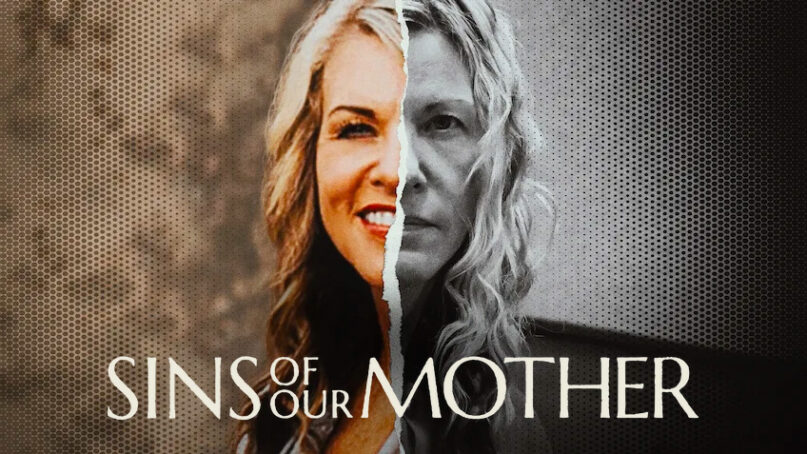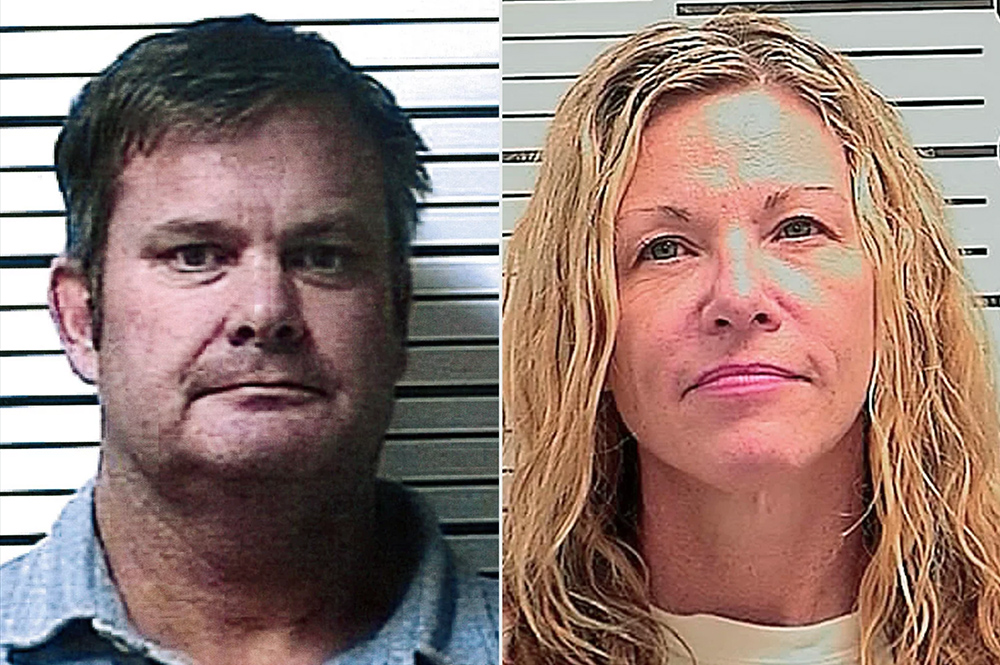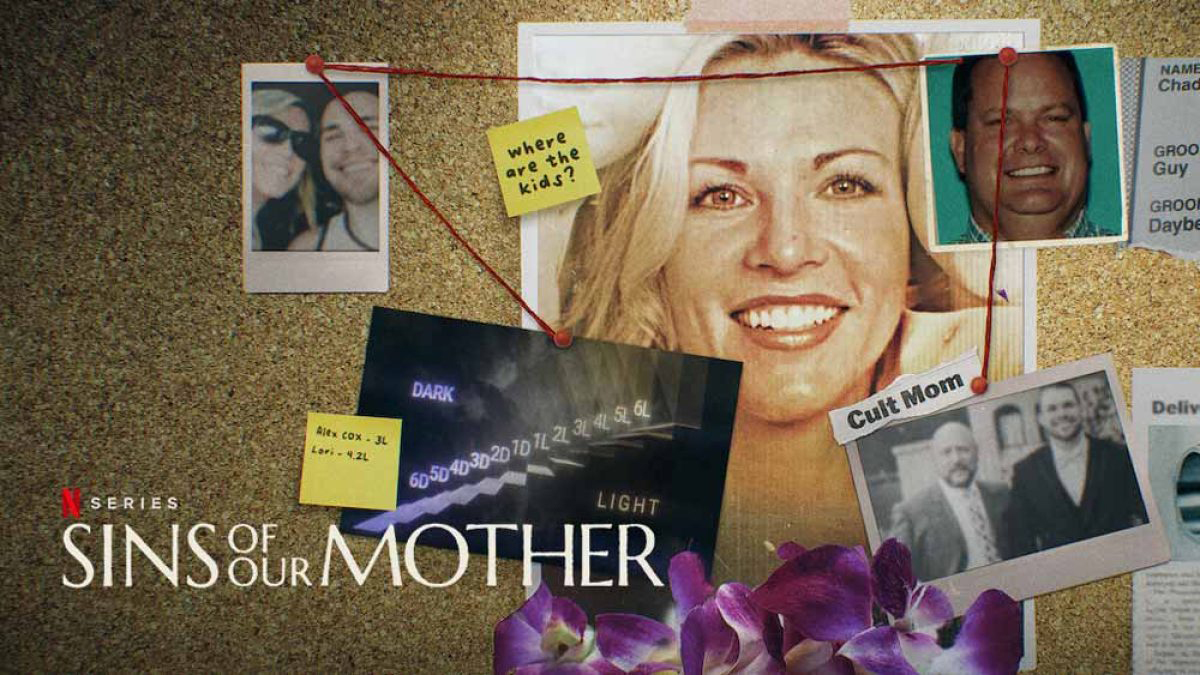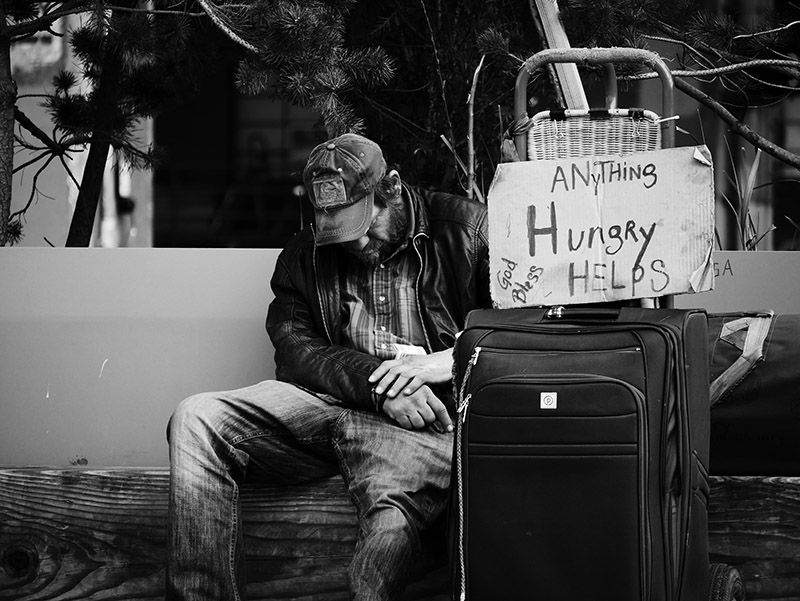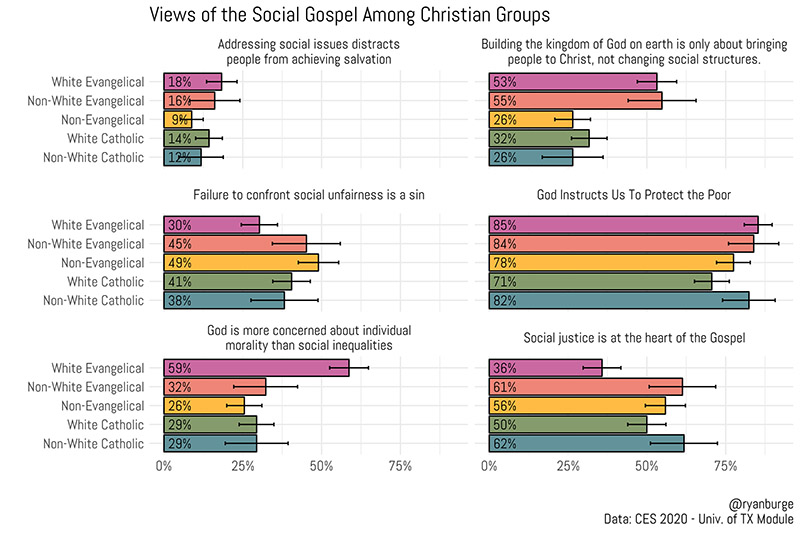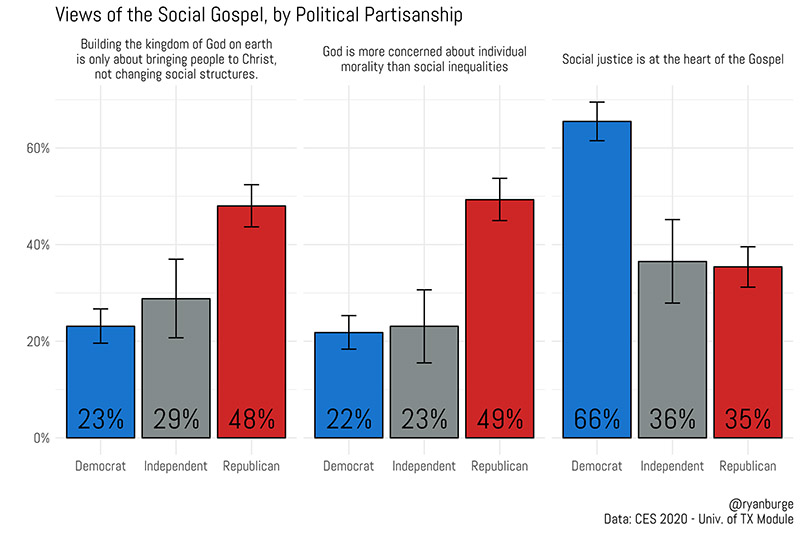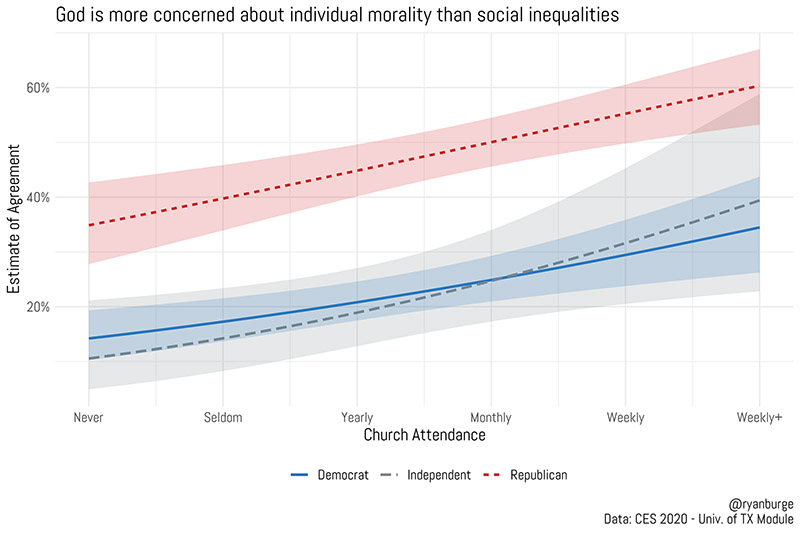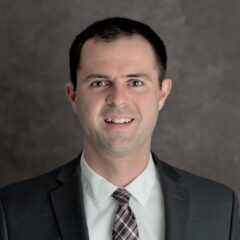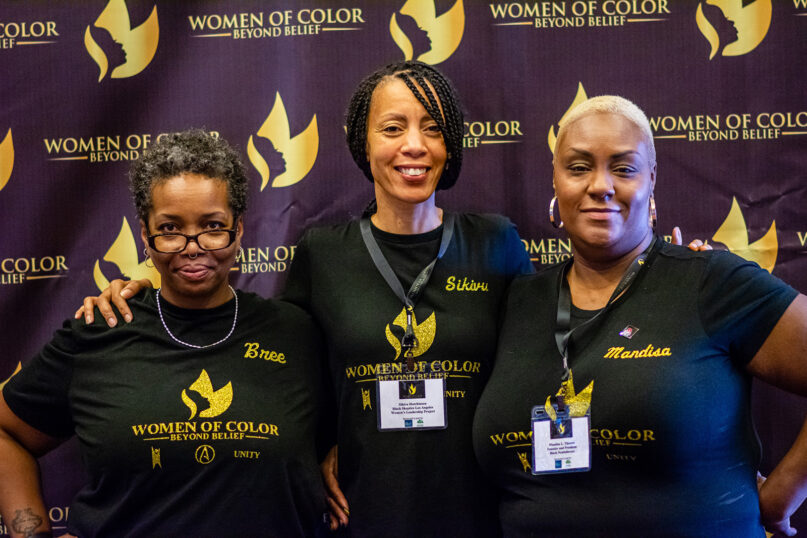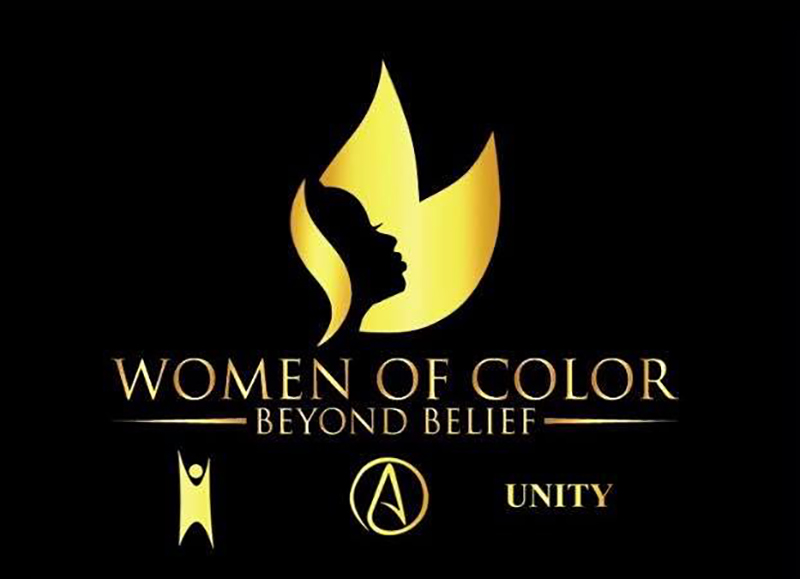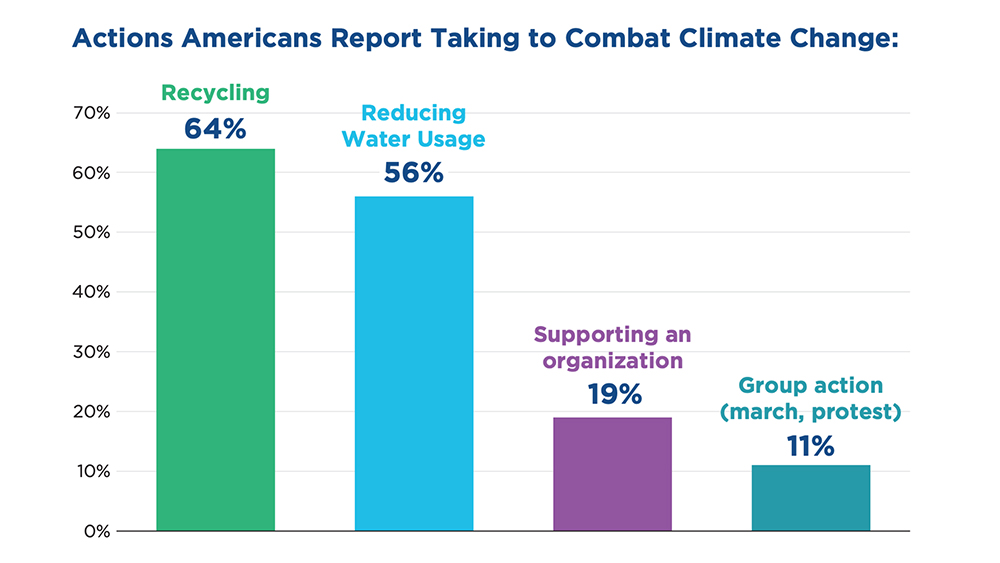New system retrofits diesel engines to run on 90% hydrogen
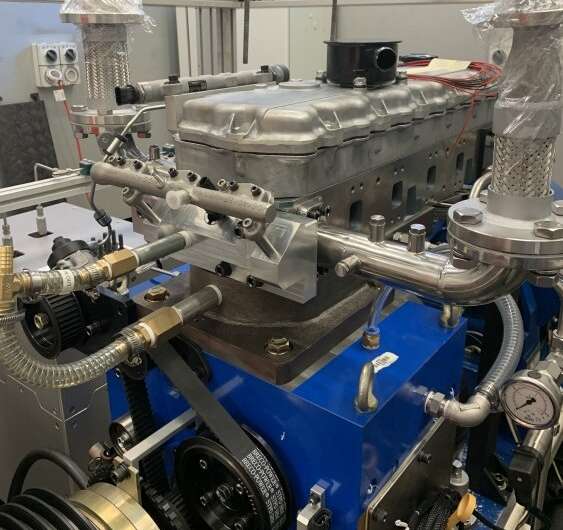
Engineers from UNSW Sydney have successfully converted a diesel engine to run as a hydrogen-diesel hybrid engine—reducing CO2 emissions by more than 85% in the process.
The team, led by Professor Shawn Kook from the School of Mechanical and Manufacturing Engineering, spent around 18 months developing the hydrogen-diesel direct injection dual-fuel system that means existing diesel engines can run using 90% hydrogen as fuel.
The researchers say that any diesel engine used in trucks and power equipment in the transportation, agriculture and mining industries could ultimately be retrofitted to the new hybrid system in just a couple of months.
Green hydrogen, which is produced using clean renewable energy sources such as wind and solar, is much more environmentally friendly than diesel.
And in a paper published in the International Journal of Hydrogen Energy, Prof. Kook's team show that using their patented hydrogen injection system reduces CO2 emissions to just 90 g/kWh—85.9% below the amount produced by the diesel powered engine.
"This new technology significantly reduces CO2 emissions from existing diesel engines, so it could play a big part in making our carbon footprint much smaller, especially in Australia with all our mining, agriculture and other heavy industries where diesel engines are widely used," says Prof. Kook.
"We have shown that we can take those existing diesel engines and convert them into cleaner engines that burn hydrogen fuel.
"Being able to retrofit diesel engines that are already out there is much quicker than waiting for the development of completely new fuel cell systems that might not be commercially available at a larger scale for at least a decade.
"With the problem of carbon emissions and climate change, we need some more immediate solutions to deal with the issue of these many diesel engines currently in use."
High-pressure hydrogen direct injection
The UNSW team's solution to the problem maintains the original diesel injection into the engine, but adds a hydrogen fuel injection directly into the cylinder.
The collaborative research, performed with Dr. Shaun Chan and Professor Evatt Hawkes, found that specifically timed hydrogen direct injection controls the mixture condition inside the cylinder of the engine, which resolves harmful nitrogen oxide emissions that have been a major hurdle for commercialisation of hydrogen engines.
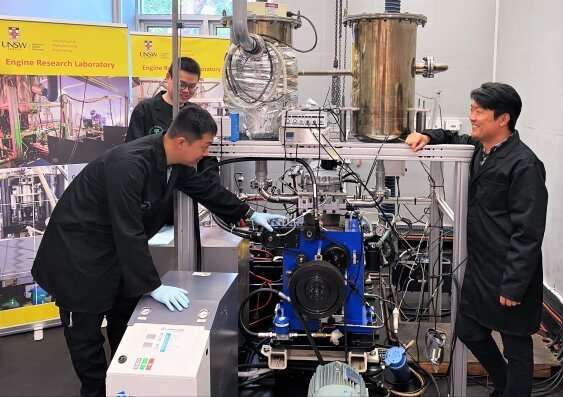
"If you just put hydrogen into the engine and let it all mix together you will get a lot of nitrogen oxide (NOx) emissions, which is a significant cause of air pollution and acid rain," Prof. Kook says.
"But we have shown in our system if you make it stratified—that is in some areas there is more hydrogen and in others there is less hydrogen—then we can reduce the NOx emissions below that of a purely diesel engine."
Importantly, the new Hydrogen-Diesel Direct Injection Dual-Fuel System does not require extremely high purity hydrogen which must be used in alternative hydrogen fuel cell systems and is more expensive to produce.
And compared to existing diesel engines, an efficiency improvement of more than 26% has been shown in the diesel-hydrogen hybrid.
That improved efficiency is achieved by independent control of hydrogen direct injection timing, as well as diesel injection timing, enabling full control of combustion modes—premixed or mixing-controlled hydrogen combustion.
The research team hope to be able to commercialize the new system in the next 12 to 24 months and are keen to consult with prospective investors.
They say the most immediate potential use for the new technology is in industrial locations where permanent hydrogen fuel supply lines are already in place.
That includes mining sites, where studies have shown that about 30% of greenhouse-gas emissions are caused by the use of diesel engines, largely in mining vehicles and power generators.
And the Australian market for diesel-only power generators is currently estimated to be worth around $765 million.
"At mining sites, where hydrogen is piped in, we can convert the existing diesel engines that are used to generate power," says Prof. Kook.
"In terms of applications where the hydrogen fuel would need to be stored and moved around, for example in a truck engine that currently runs purely on diesel, then we would also need to implement a hydrogen storage system to be integrated into our injection system.
"I do think the general technology with regards to mobile hydrogen storage needs to be developed further because at the moment that is quite a challenge."Toyota testing hydrogen combustion engines in race cars
More information: Xinyu Liu et al, Direct injection of hydrogen main fuel and diesel pilot fuel in a retrofitted single-cylinder compression ignition engine, International Journal of Hydrogen Energy (2022). DOI: 10.1016/j.ijhydene.2022.08.149
Journal information: International Journal of Hydrogen Energy
Provided by University of New South Wales

